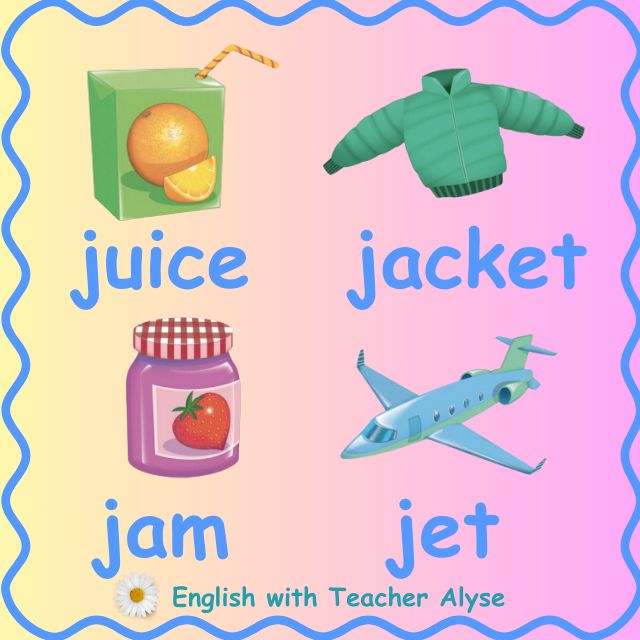
Difference between 不免 (bù miǎn) and 未免 (wèi miǎn)
Description
不免 (bù miǎn) and 未免 (wèi miǎn) are both adverbs that are used to indicate that something is inevitable or cannot be avoided. However, there is a subtle difference in their meanings.
不免 (bù miǎn) means "inevitably" or "unavoidably," and it is used to indicate that something is certain to happen or cannot be avoided. Here is the structure when using 不免:objective reason,+不免+result
未免 (wèi miǎn) means "unavoidably" or "unnecessarily," and it is used to indicate that something is unnecessary or excessive. You use it when you can’t agree to something. Here is the structure when using 未免:(scenario, can be omitted in the sentence),+未免+judgement
Here are some examples to illustrate the difference between the two, with pinyin provided for the example sentences:
不免 (bù miǎn)
* 这种天气下出门,不免有些冷。 (zhè zhǒng tiānqì xià chūmén, bù miǎn yǒuxiē lěng) (It is inevitably a little cold when going out in this kind of weather.)
* 他的职业生涯结束了,不免有些伤感。 (tā de zhíyè shēngyá jiéshù le, bù miǎn yǒuxiē shāngǎn) (His career has ended, and it is inevitably a little sad.)
未免 (wèi miǎn)
* 这道题的难度未免有点大。 (zhè dào tí de nándù wèi miǎn yǒudiǎn dà) (The difficulty of this problem is unnecessarily large.)
* 他的表演未免有些夸张。 (tā de biǎoyǎn wèi miǎn yǒuxiē kuāzhāng) (His performance is unnecessarily exaggerated.)
* 你这么做,未免太过分。 (nǐ zhème zuò, wèi miǎn tài guòfèn) (What you are doing is unnecessarily extreme.)
Podcast Channel
Difference between A and B in Chinese with Shanmei
Author
All episodes

Letter J

L'incubo del divano

Business talk: Your network is your net worth

Episode 43. おいとけ!

VIS A VIS Con GUADA (@espanol_con_guada) | ¿Cómo es una profe de Instagram FUERA DE INSTAGRAM? (PARTE 1)

Episode #40 - New discoveries in a new town

46 – marcas españolas

Inside the Railway Station
Popular episodes

Phonics The Alphabet
Letter J

The Italian Miscellaneous Podcast🖐
L'incubo del divano

FLO TALKS
Business talk: Your network is your net worth

Tina Japa Go!
Episode 43. おいとけ!

¡Qué Pasa! Podcast en Español
VIS A VIS Con GUADA (@espanol_con_guada) | ¿Cómo es una profe de Instagram FUERA DE INSTAGRAM? (PARTE 1)

Slow Japanese
Episode #40 - New discoveries in a new town

Blanca to go
46 – marcas españolas

Teacher Joseph's Podcast
Inside the Railway Station